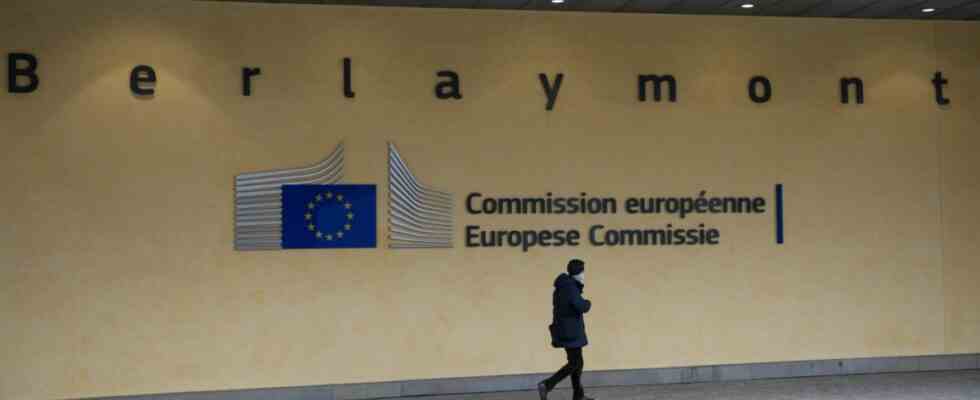A call for tenders for something dull like information technology is causing the EU Commission a lot of trouble: the Brussels authority is looking for a company to operate “Testa”, a secure internal network with which EU institutions and national authorities can exchange data. The acronym stands for “Trans European Services for Telematics between Administrations”, and according to the Commission are more than 750 offices connected. It has been built and operated so far from T-Systems, the subsidiary of Deutsche Telekom. But now the order is to go to BT Global Services in Belgium – a subsidiary of the British telecom group BT.
The News Page political reported that the Commission had at least provisionally awarded the contract to the British; the contract is worth 1.2 billion euros and will run for eight years. But this decision angered some in the EU Parliament. The CSU MEP Markus Ferber therefore sent a two-page letter of complaint to his party colleague Ursula von der Leyen, the Commission President. “Especially in the United Kingdom, the secret services are known not to be squeamish and in some cases have far-reaching rights to intervene in the privacy of British citizens,” says the letter Süddeutsche Zeitung present.
The EU actually wants to become more economically independent
Ferber, the economic policy spokesman for the Christian Democratic EPP group, warns in the letter that it cannot be ruled out that the spies could also access data from EU subsidiaries of British companies. The “awarding of the contract to a British provider opens up the possibility for a foreign secret service to read confidential EU information: this is not only a data protection problem, but also a security problem”. The CSU politician also raises the question of how this decision “can be reconciled with the goal of open strategic autonomy set out by the European Commission”. This slogan stands for Brussels’ efforts to make the EU less dependent on other economic powers and their technologies and raw materials. Ferber told the SZ that it does not fit with von der Leyen’s “mantra” to now place “sensitive infrastructure in the hands of a third-country company”: “The decision should be revised immediately.”
The EU’s relations with BT’s home country Great Britain are already strained because Prime Minister Boris Johnson is threatening to suspend parts of the Northern Ireland Protocol. This regulation is intended to prevent trucks from having to be checked between British Northern Ireland and EU member Ireland because of Brexit. Trouble awaits when it comes to data protection and data transfer. Just last year confirmed the Commission Great Britain to have similarly good data protection rules as the EU. Therefore, companies are still allowed to store and process data of EU citizens on British servers. However, Johnson has announced that it will change the data protection regulations. This could force the Commission to recover their certificate – data transfers across the English Channel would then be illegal.

